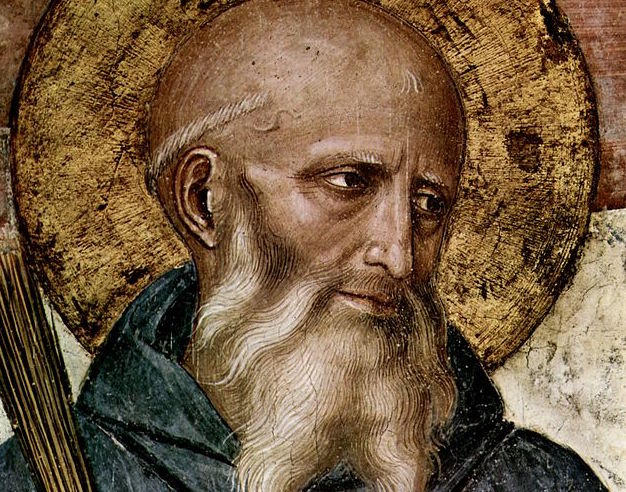In the foregoing discussion of similarities and differences between Christian and Islamic political and just war theory there is one distinction that should immediately appear to be in conflict with the United Nation’s Universal Declaration of Human Rights and the presuppositions its claims and authority rest upon. As demonstrated in Augustine’s distinction between the city of God and the city of man, there is room within the Christian religion for a separation between church and state. While any student of the American Revolution would be quick to point out that this distinction was a main feature in the new American government, it is important to note that the distinction has been made even during the formative stages of Christianity. The examination of the roots of Islam and following interpretations of the Qur’an and the life of Mohammed reveal a very different principle—one that seems to directly conflict with the presuppositions found in the U.N.’s human rights declaration. From the beginning, it seems that the religious realm cannot, or should not, be separated from the political realm in Islam. The end towards which Islam is striving is a unification of the umma, the community of Muslim believers, in which the entire world will eventually be brought into submission to God. This contrast between Islamic political theory and modern Western presuppositions is significant.
Login to read more
Sign in or create a free account to access Subscriber-only content.
